33rd Alaska State Legislature
Senate Majority Accomplishments

LETTER FROM THE PRESIDENT
 As the 33rd Alaska State Legislature draws to a close, the Alaska Senate Majority reflects on the journey we’ve embarked upon together. It has been a period defined by unique challenges and collaborative efforts to address our state’s most critical needs.
As the 33rd Alaska State Legislature draws to a close, the Alaska Senate Majority reflects on the journey we’ve embarked upon together. It has been a period defined by unique challenges and collaborative efforts to address our state’s most critical needs.
Our decision to form a bipartisan coalition was not just politically sound, but a testament to our commitment to prioritize Alaska’s interests above all else. With eight Republicans and nine Democrats coming together, we focused on crucial issues such as education funding, employee recruitment and retention, and ensuring stable energy sources and prices for all Alaskans.
Guided by a diverse leadership team and strong support from dedicated caucus members from every part of the state, the Senate tackled these challenges head-on. Through dedication and teamwork, we achieved significant milestones. We stabilized the state’s budget without depleting our savings, protected the permanent fund without overdrawing the earnings, and transferred $1 billion into the Permanent Fund to inflation-proof the corpus to ensure the fund’s solvency for years to come. The Senate also advanced legislation to bolster Alaska’s economy and business opportunities, established a Seafood Industry Task Force to support Alaska fishermen, processors, and communities through historic industry challenges, provided crucial support to our public safety and first responders, and expanded medical services, among many other objectives.
Through rigorous legislative deliberations and dialogue with our counterparts in the House of Representatives and the Office of the Governor, the Senate sponsored a series of bold initiatives that would significantly enhance the lives of Alaskans. Notably, among these efforts were education funding and policy changes that would improve student outcomes and increase the state’s Base Student Allocation (BSA) by a historic $680 per student.
Additionally, we prioritized the restoration of a dependable pension system, ensuring the security of our invaluable educators, public safety personnel, firefighters, and dedicated public servants. Furthermore, recognizing the paramount importance of energy sustainability, we spearheaded initiatives to incentivize Cook Inlet gas production, thereby fortifying energy reserves crucial for the railbelt. While some of these major proposals did not make it past the finish line, they brought attention to many of the state’s shortfalls, raising awareness of the need, and have motivated us to continue to work on behalf of Alaskans without partisan divides.
I am proud of the accomplishments we’ve achieved together over the past two legislative sessions. During the remainder of the 33rd Alaska State Legislature, we will build upon our efforts to collaborate with stakeholders, advocates, and the public at large. With renewed commitment and determination, we will continue toward building a stronger, healthier state for all Alaskans.

[maxmegamenu location=max_mega_menu_2]
Find Your Senator

